“Being able to translate your story into over 120 languages is increasingly important in a global world.” – Anurag Dwivedi
Audiences in today’s world are increasingly consuming information on the internet in visual and interactive ways. Every industry is exploring ways to transform and present content on video. What does this mean for learners around the globe?
Anurag Dwivedi is one of the founders of the Rocketium video platform. He believes everyone has important stories to tell. What limits the story-tellers is not having a platform that makes storytelling “easy to create and easy to consume.” The Rocketium platform is unique in that it allows teams of creators to work collaboratively on video projects in one innovative space. The company has automated the majority of the time-consuming tasks of the video creation process. For example, some of the Rocketium product features include one-click styling, automatic resizing of videos in different aspect ratios for different social platforms, and automatic translation of any content into over 120 languages. In addition, the platform provides advanced controls for styling and sequence timing for users. This enables creators to customize styles in a way which Dwivedi claims no other video creation platform can provide. Further, Rocketium creators have an online customer service team ready to support users’ production questions at any point in the process.
The Global Search for Education is pleased to welcome Anurag Dwivedi from Rocketium to talk further about how his company is giving anyone, anywhere in the world, the tools to tell important stories.
“I think the mindset that some of us can write a script but cannot produce an audio-visual version of it is a roadblock for many young creators.” – Anurag Dwivedi
What do you think sets Rocketium apart from the other video creation platforms?
Rocketium offers an end-to-end video creation suite that we believe no other product like it can offer. We’re enabling our users to scale video production efficiently by providing simple tools for the writers and marketers to create templates, and automation to generate videos in large volumes. The goal is to enable storytellers to work either individually or in teams with anyone, anywhere in the world. Hence, all the features you need for a collaborative process, such as being able to assign videos to members of your team, or discuss creative issues in real time, or share content via social media platforms, are built into our system. We’ve broken down the massive job of video production and distribution into simple steps so that everything from writing a script to developing it, to editing and finally publishing on the internet are all on the same platform. And, of course, being able to translate your story into over 120 languages is increasingly important in a global world.
What do you see as the biggest challenge for an absolute beginner, a teacher or a student who wants to tell a video story?
Video making is often considered a daunting task — something that only experienced video editors and designers can do. Rocketium has made the video creation process less intimidating and also faster. We have broken down the process into simple steps. We offer creators a versatile selection of themes and templates. There are numerous options for video styling available to the user. Our process in some ways is similar to mini-blogging, i.e. the user is writing stories in a shorter format and then adding still images or video clips. Your job as the storyteller is to use our tools to create the most impactful video story you can without worrying about the design or styling aspect of video making.
How is telling a video story different from telling a text story?
I personally believe there is no difference if you have the right tools. I think the mindset that some of us can write a script but cannot produce an audio-visual version of it is a roadblock for many young creators. Visuals improve and enhance any story that’s ever been written. The impact of a visual story is exponentially greater than that of a text story because visuals contain a lot more information in a sequence of frames and that leaves a lasting impression on the mind. Additionally, adding music and special effects to text always builds a deeper emotional connection between your story and its audience.
As creators develop more and more videos, they learn about the creative process and they get better at leveraging the resources on the platform.” – Anurag Dwivedi
Let’s talk about video creation as a learning process. What specific skills are nurtured in this process and why do you think they are important?
We present video creation as a learning journey which trains creators how to portray their story through a combination of words, images and music. As creators develop more and more videos, they learn about the creative process and they get better at leveraging the resources on the platform. For example, what color palette will you select to evoke the right emotion for this portion of your story, or what style of music will generate the mood you’re looking for? Users ultimately develop and expand their creative skill sets while supported by the tools on the platform.
Is Rocketium designed for all wannabe video producers? How would you describe your target audience?
We believe there is no one-fits-all solution for video creation. Our product offers global access to anyone who wants to produce a story on video. We have simplified the production process but there is plenty of space for users to develop their own creative and communication skills. Not everyone is destined to become the next Steven Spielberg, but we have built a comprehensive tool that allows anyone to try. And we believe that to flourish in the 21st century, learners need to be able to use tools like ours to enhance their communication skills.
How else do you see the democratization of visual production impacting our society generally?
There is no doubt that dissemination of information is becoming easier as the world is more connected through smart devices. Anyone can now tell stories and distribute them on the internet. Two things we need to be wary about. First are the duplication issues and the relevance of content. The second is the accuracy and truthfulness of content. Fake news is a global issue which we need to tackle as a global society. I believe this is where educators can help.
Look into the future — where do you see Rocketium 5 or 10 years from now?
We continue to explore the possibilities of creative learning tools for various scenarios. Ten years from now, I see Rocketium as a platform employed in all applications — education, entertainment, lifestyle, sales, marketing, etc. We are happy to be the backend engine for the creation and distribution of any form of interactive and visual content, by anyone and for everyone, from individuals to global enterprises.
C. M. Rubin and Anurag Dwivedi
Join me and globally renowned thought leaders including Sir Michael Barber (UK), Dr. Michael Block (U.S.), Dr. Leon Botstein (U.S.), Professor Clay Christensen (U.S.), Dr. Linda Darling-Hammond (U.S.), Dr. MadhavChavan (India), Charles Fadel (U.S.), Professor Michael Fullan (Canada), Professor Howard Gardner (U.S.), Professor Andy Hargreaves (U.S.), Professor Yvonne Hellman (The Netherlands), Professor Kristin Helstad (Norway), Jean Hendrickson (U.S.), Professor Rose Hipkins (New Zealand), Professor Cornelia Hoogland (Canada), Honourable Jeff Johnson (Canada), Mme. Chantal Kaufmann (Belgium), Dr. EijaKauppinen (Finland), State Secretary TapioKosunen (Finland), Professor Dominique Lafontaine (Belgium), Professor Hugh Lauder (UK), Lord Ken Macdonald (UK), Professor Geoff Masters (Australia), Professor Barry McGaw (Australia), Shiv Nadar (India), Professor R. Natarajan (India), Dr. Pak Tee Ng (Singapore), Dr. Denise Pope (US), Sridhar Rajagopalan (India), Dr. Diane Ravitch (U.S.), Richard Wilson Riley (U.S.), Sir Ken Robinson (UK), Professor Pasi Sahlberg (Finland), Professor Manabu Sato (Japan), Andreas Schleicher (PISA, OECD), Dr. Anthony Seldon (UK), Dr. David Shaffer (U.S.), Dr. Kirsten Sivesind (Norway), Chancellor Stephen Spahn (U.S.), Yves Theze (LyceeFrancais U.S.), Professor Charles Ungerleider (Canada), Professor Tony Wagner (U.S.), Sir David Watson (UK), Professor Dylan Wiliam (UK), Dr. Mark Wormald (UK), Professor Theo Wubbels (The Netherlands), Professor Michael Young (UK), and Professor Minxuan Zhang (China) as they explore the big picture education questions that all nations face today.
The Global Search for Education Community Page
C. M. Rubin is the author of two widely read online series for which she received a 2011 Upton Sinclair award, “The Global Search for Education” and “How Will We Read?” She is also the author of three bestselling books, including The Real Alice in Wonderland, is the publisher of CMRubinWorld and is a Disruptor Foundation Fellow.
Follow C. M. Rubin on Twitter: www.twitter.com/@cmrubinworld

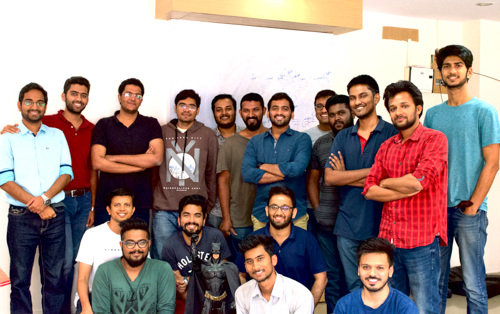
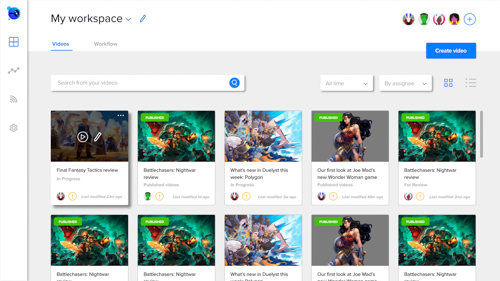
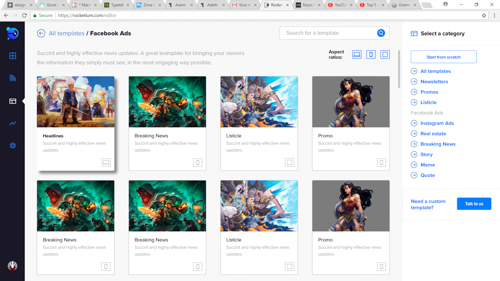
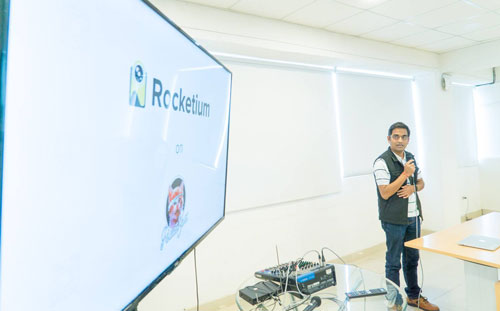
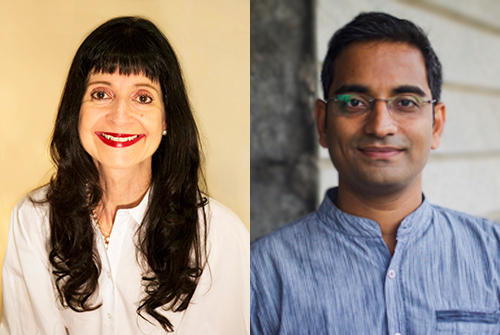
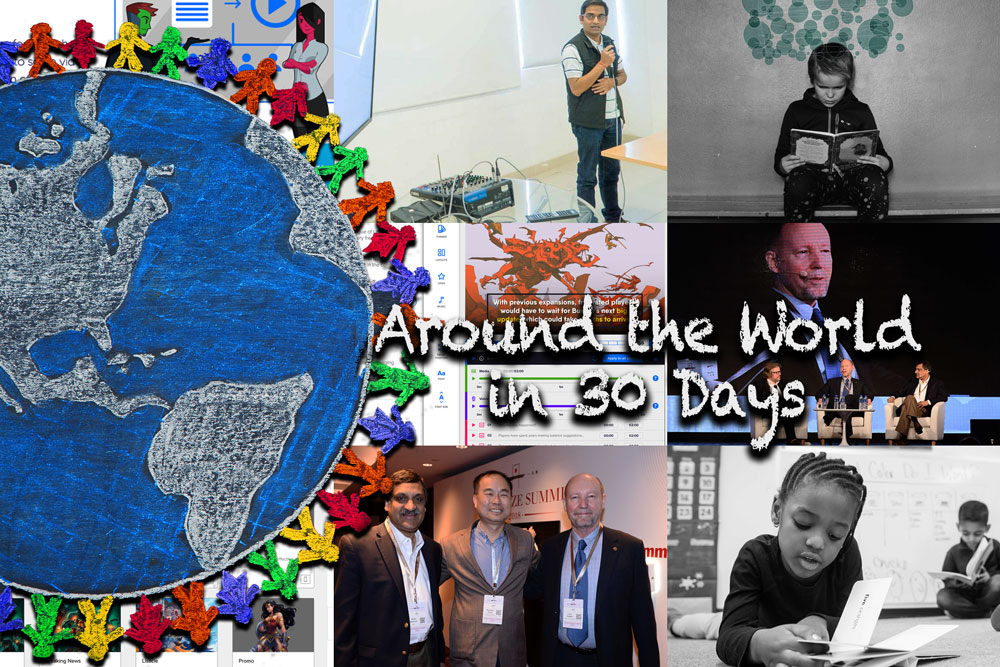

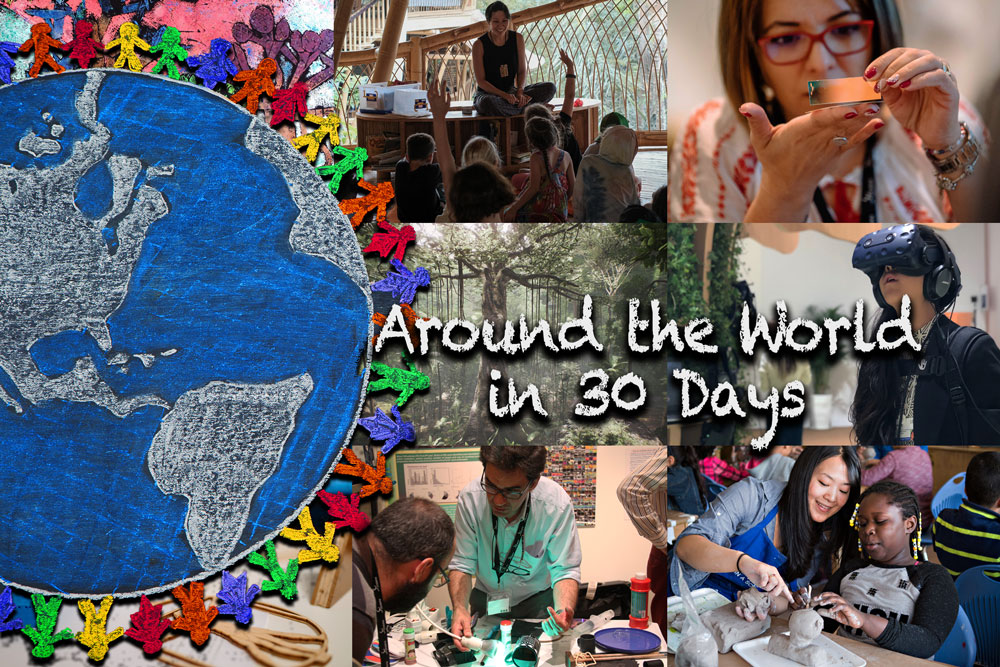

Recent Comments